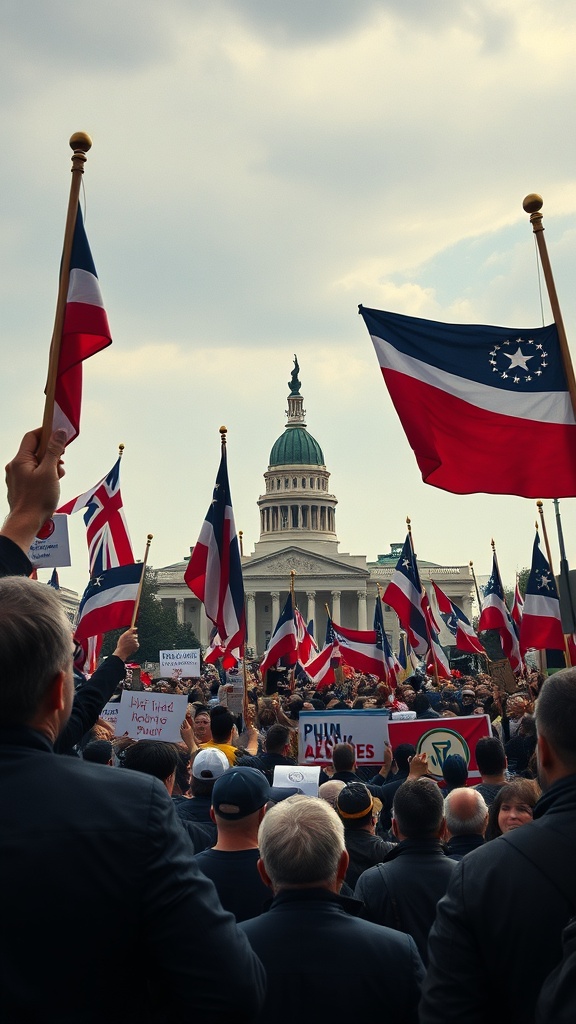Practical Strategies to Bridge Political Polarization and Restore Civic Cohesion
Bridging Political Polarization: Practical Strategies for Civic Cohesion
Political polarization is one of the most pressing challenges for stable governance and healthy communities. Polarized environments erode trust in institutions, reduce willingness to compromise, and make practical problem-solving difficult. While the causes are complex—ranging from media ecosystems and social networks to economic anxiety and institutional incentives—there are actionable steps citizens, leaders, and organizations can take to reduce division and restore constructive civic life.
Understand the drivers of division
Polarization is driven by information silos, incentives for outrage in some media, and structural features of political systems that reward partisan competition over collaboration.
Social identity dynamics amplify differences, turning policy disagreements into personal moral conflicts.
Recognizing these drivers is the first step to designing interventions that work across communities.
Practical strategies to reduce polarization
– Encourage structured cross-partisan dialogue
Create spaces where people of differing views can meet under clear ground rules: listen, avoid ad hominem attacks, ask questions, and focus on shared goals. Dialogue formats that emphasize perspective-taking and storytelling reduce hostility and increase willingness to cooperate.
– Invest in civic education and media literacy
Strengthening critical thinking skills helps people evaluate sources, recognize biased framing, and resist misinformation. Community workshops, school curricula, and public campaigns focused on evaluating news and understanding how policy processes work build resilience against polarizing narratives.
– Promote local, tangible projects
Community-driven problem solving—neighborhood cleanups, food distribution, school improvement initiatives—brings people together around common outcomes.
When citizens work side by side on practical goals, partisan labels often become less salient.
– Reform institutional incentives
Structural changes can ease polarized competition. Options include competitive electoral reforms that reduce winner-take-all pressures, independent redistricting to prevent extreme gerrymanders, and transparency measures for campaign finance. Reform efforts that combine broad public education with incremental policy wins tend to gain traction.
– Support responsible media practices
Encourage local journalism and outlets that prioritize fact-based reporting and context over sensationalism. Media consumers can support outlets that follow robust editorial standards and avoid amplification of conspiracy-driven narratives.
– Encourage leadership that models cooperation

Elected officials and civic leaders set the tone.
Leaders who prioritize problem-solving, acknowledge complexity, and visibly work with colleagues across ideological lines create norms that can cascade through institutions and communities.
Measuring progress
Progress can be monitored through indicators like local voter engagement, satisfaction with governance, incidence of cross-party collaborations, and trust metrics in community institutions. Regular assessments help refine strategies and highlight what resonates in different contexts.
What individuals can do today
Start small: reach out to a neighbor with different views, attend a local town hall, volunteer for a nonpartisan civic group, or take a short course on media literacy.
Personal relationships and local engagement create durable bridges that scale up into broader civic trust.
Polarization undermines collective capacity to solve shared problems, but it is not immutable.
By combining interpersonal practices with institutional reforms and a renewed focus on civic skills, communities can reduce divisiveness and recover a more functional public square. Take a step—listen, learn, engage—and encourage others to do the same.